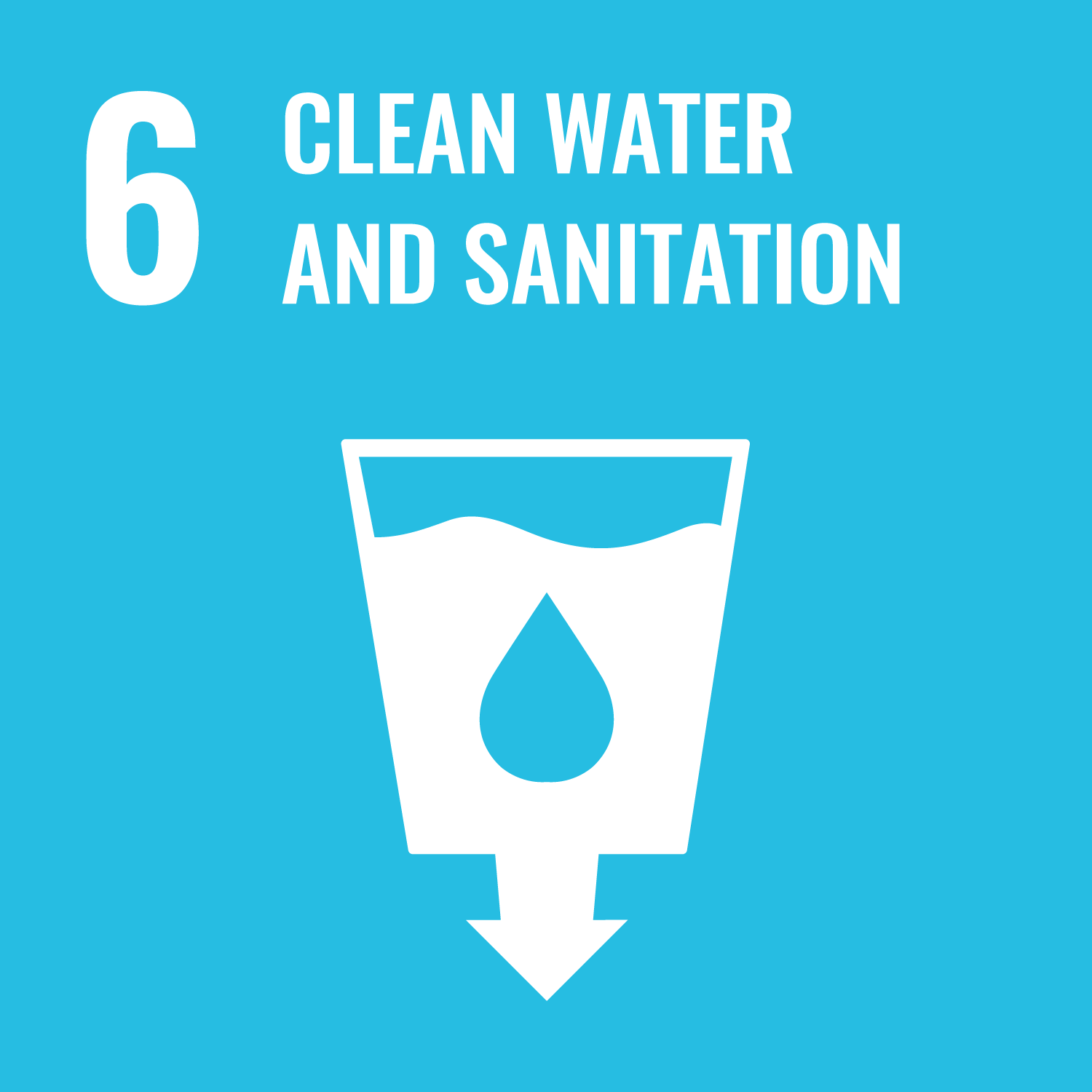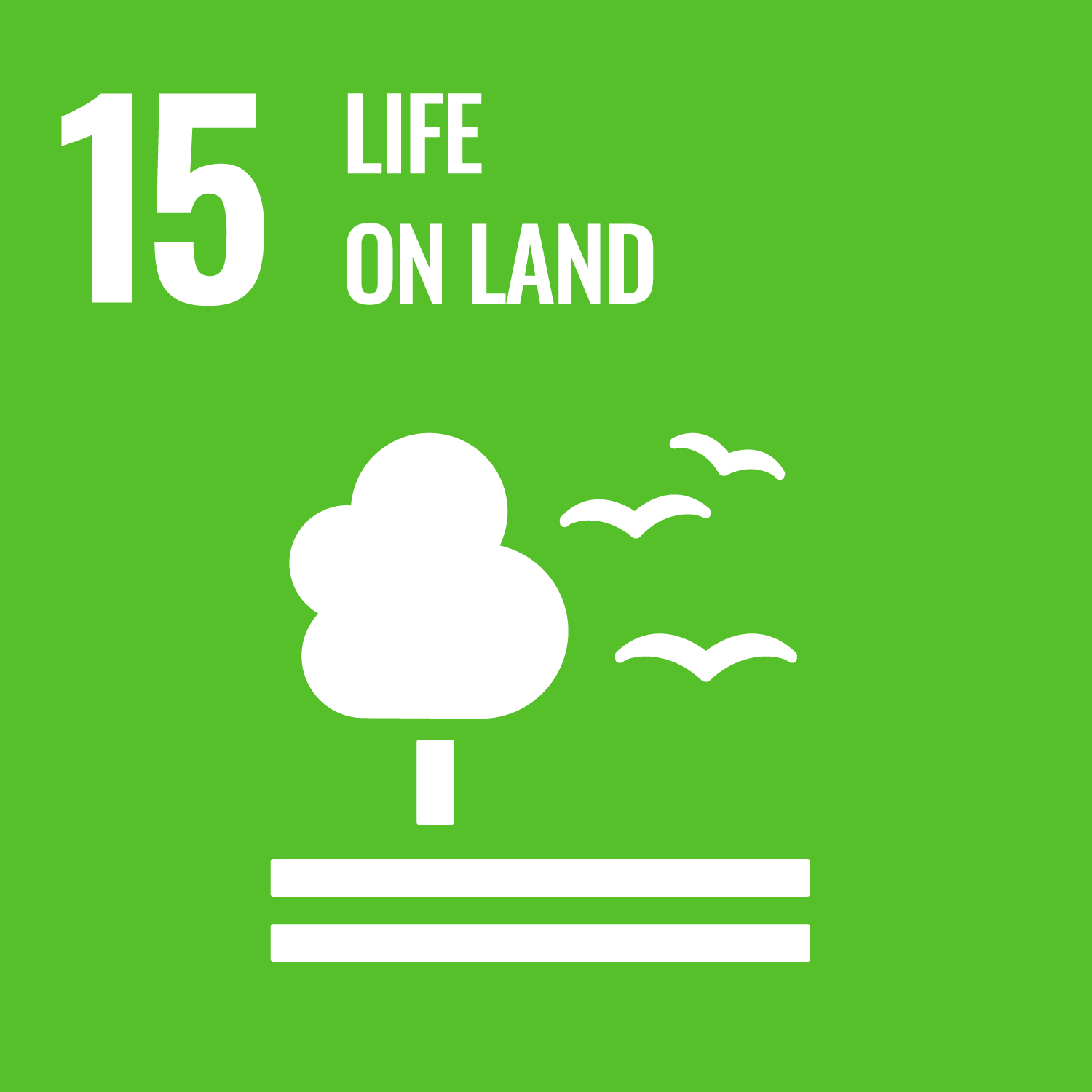Based on the basic knowledge and experimental techniques acquired by the third year, students conduct research in accordance
with their respective research themes in the laboratory to which they are assigned, and write a thesis on the results. They
also give an oral presentation of the thesis.
The purpose of this course is to develop the skills to conduct experiments or research on a certain theme using the basic
knowledge and experimental techniques learned, and to write a thesis and make an oral presentation of the results.
- Be able to conduct experiments on research themes using the knowledge and techniques acquired in Undergraduate Thesis Research 1, in addition to the content learned by the third year.
- Be able to explain research progress with appropriate charts and graphs and respond appropriately to technical questions.
- Be able to logically discuss the process to conclusions based on previous research and data.
- Be able to sufficiently discuss the novelty and inventive step of the research results in comparison with previous studies has been developed.
生活排水と産業廃棄物に含まれている有害物質は河川や海の水質汚染の原因になります。本研究室では、様々な環境から有用な微生物を単離し、微生物の有害物質を分解する力を理解し、新しい環境浄化技術を開発する。
研究テーマ:
1. 微生物による難分解性化合物の分解
2. 環境中難分解性化合物の検出システムの開発
Domestic drainage and industrial wastewater contain harmful contaminants which could cause harm to natural rivers and ocean ecosystems. The main objective of our research is to develop new technologies for bioremediation by understanding microbes from various environments.
Research topics:
1. Biodegradation of recalcitrant compounds using isolated bacterial strains
2. Development of detection system for recalcitrant compounds in environment
研究テーマ:
1. 微生物による難分解性化合物の分解
2. 環境中難分解性化合物の検出システムの開発
Domestic drainage and industrial wastewater contain harmful contaminants which could cause harm to natural rivers and ocean ecosystems. The main objective of our research is to develop new technologies for bioremediation by understanding microbes from various environments.
Research topics:
1. Biodegradation of recalcitrant compounds using isolated bacterial strains
2. Development of detection system for recalcitrant compounds in environment
| Research ability and initiative | Presentation | Objectivity and credibility | Discussion ability | Total. | |
|---|---|---|---|---|---|
| 1. | 25% | 25% | |||
| 2. | 25% | 25% | |||
| 3. | 25% | 25% | |||
| 4. | 25% | 25% | |||
| Total. | 25% | 25% | 25% | 25% | - |
| ways of feedback | specific contents about "Other" |
|---|---|
| Feedback in the class |
- Follow the instructions of each faculty advisor.
- Course that cultivates an ability for utilizing knowledge
- Course that cultivates a basic interpersonal skills
- Course that cultivates a basic self-management skills
- Course that cultivates a basic problem-solving skills
| Work experience | Work experience and relevance to the course content if applicable |
|---|---|
| N/A | 該当しない |








- 3.GOOD HEALTH AND WELL-BEING
- 4.QUALITY EDUCATION
- 6.CLEAN WATER AND SANITATION
- 9.INDUSTRY, INNOVATION AND INFRASTRUCTURE
- 11.SUSTAINABLE CITIES AND COMMUNITIES
- 12.RESPONSIBLE CONSUMPTION & PRODUCTION
- 14.LIFE BELOW WATER
- 15.LIFE ON LAND
Last modified : Sat Sep 09 08:30:49 JST 2023
